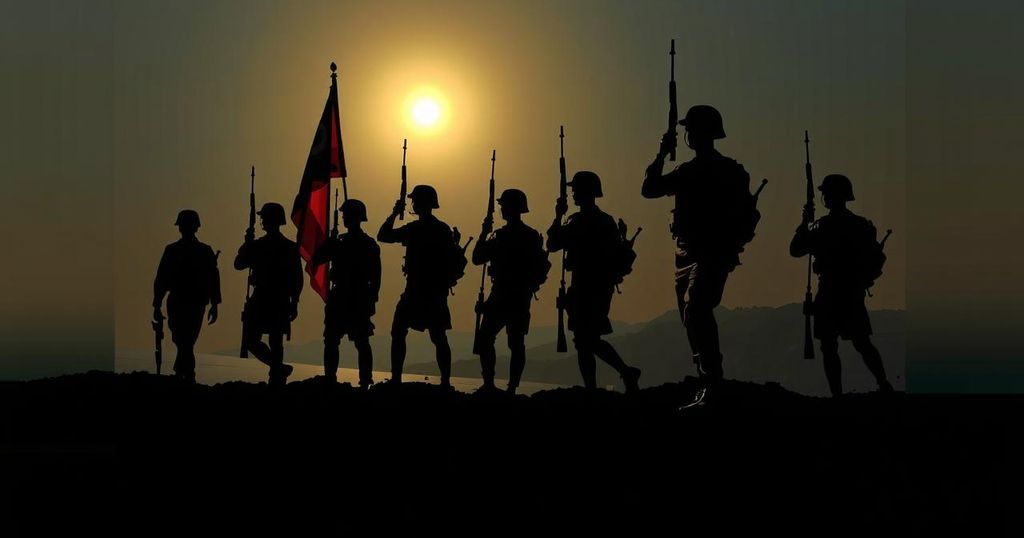Reflecting on the 1971 India-Pakistan War: Insights from General VN Sharma on Unifying National Efforts
General VN Sharma (retd), former Chief of Army Staff, articulated that the 1971 India-Pakistan War transcended mere military action, embodying a unified national effort that intricately woven together the threads of politics, diplomacy, and diverse governmental functions. His remarks were delivered during the launch of a new literary work titled ‘1971: Strategy, Campaign, and Valor’ at the India International Centre in New Delhi on Sunday, where he emphasized the collective endeavor required for successful wartime operations.
This book, penned by the emerging author Satyajit Lall, recounts the valor of Indian troops during the 1971 conflict, which ultimately led to the formation of Bangladesh. The narrative highlights significant battles and strategic maneuvers that were pivotal throughout the conflict. Esteemed participants in the event included notable figures such as Chief of the Indian Air Force Air Chief Marshal V R Chaudhari and former Lieutenant Governor of Delhi Anil Baijal, alongside numerous veterans who contributed to the war effort.
General Sharma, who held the position of Chief of Army Staff from 1988 to 1990 and served as a colonel during the 1971 war, reflected on the campaign, lauding the exceptional leadership of then-Prime Minister Indira Gandhi. He acknowledged her ability to mobilize national resources across military and civil services, including police forces, transportation, railways, as well as naval and merchant marine entities. “She executed her role remarkably well,” stated General Sharma, commending Gandhi’s talent for consolidating the country’s assets under her strategic oversight.
He emphasized the necessity of comprehensive governmental cooperation in wartime, asserting, “In a war, it is not solely about the military; it necessitates the entire government, including civil services, police, transport and rail services, the navy, as well as the merchant navy, to harmonize collectively under the Prime Minister’s directive.” He further articulated, “One of the profound lessons from the 1971 war is that it is not merely a military endeavor; it is an all-encompassing endeavor that combines politics, diplomacy, and military might to foster a formidable force.”
The 1971 conflict, which involved Indian forces collaborating with the ‘Mukti Bahini’ against what was then East Pakistan, culminated in the establishment of Bangladesh in December. The book launch coincided with a period of political unrest in Bangladesh, marked by the recent downfall of Sheikh Hasina’s government amid widespread protests, leading to the formation of a provisional administration.
During the event, distinguished veterans were provided the opportunity to share their reflections and anecdotes from the war. Anil Baijal recounted the extensive influx of refugees from East Pakistan and the challenges faced by Assam in addressing the humanitarian crisis during that time.
Additionally, Air Marshal Anil Chopra (retd) participated in a panel discussion where he nostalgically retraced his experiences at the National Defence Academy during the war, specifically noting that their Passing Out Parade was scheduled for December 1971, aligning with the peak of hostilities. Lieutenant General Syed Ata Hasnain (retd) lauded the author Satyajit Lall for his dedication in reviving interest in the 1971 war among the younger generation.
The discourse also examined the critical contributions of aerial operations and the Indian Navy in facilitating a decisive victory during the war, which is commemorated as ‘Swarnim Vijay Varsh’ to honor fifty years of this historic triumph in Indian military history.








Post Comment